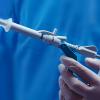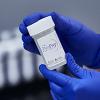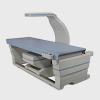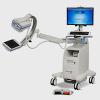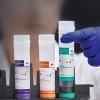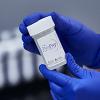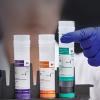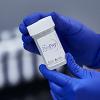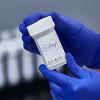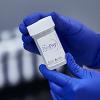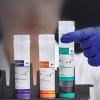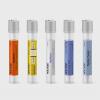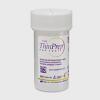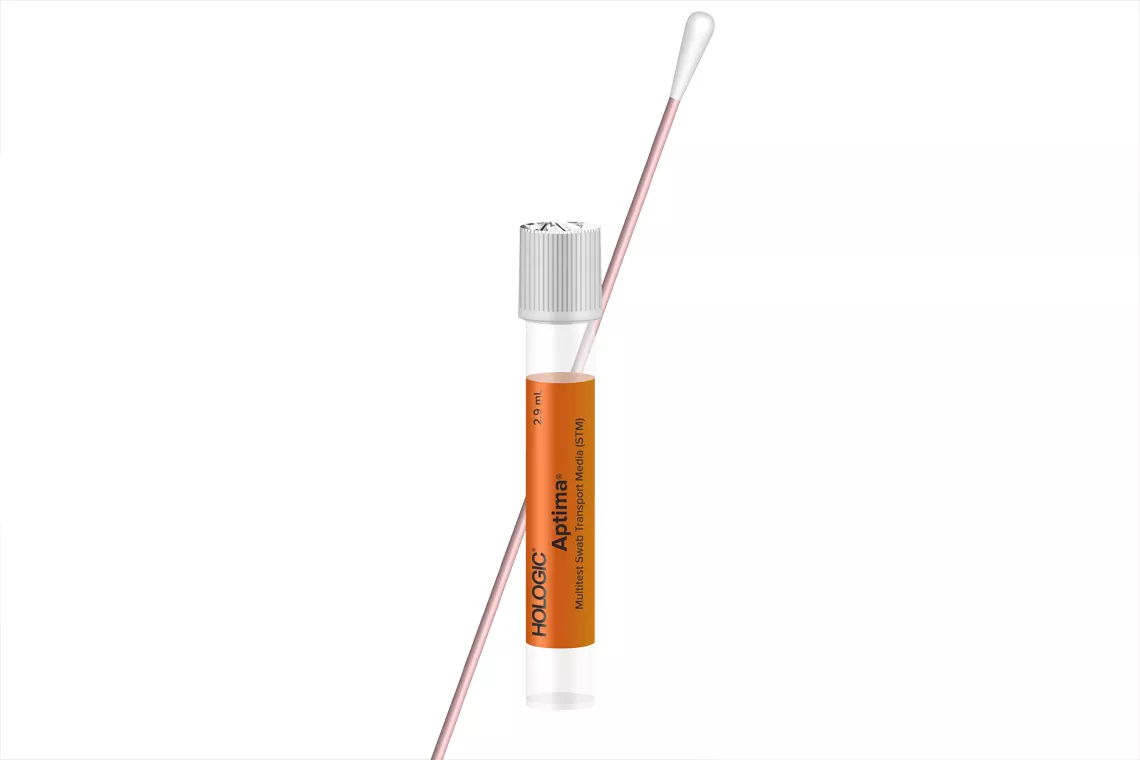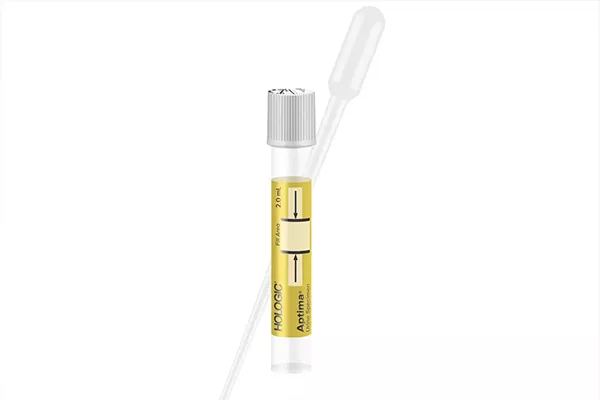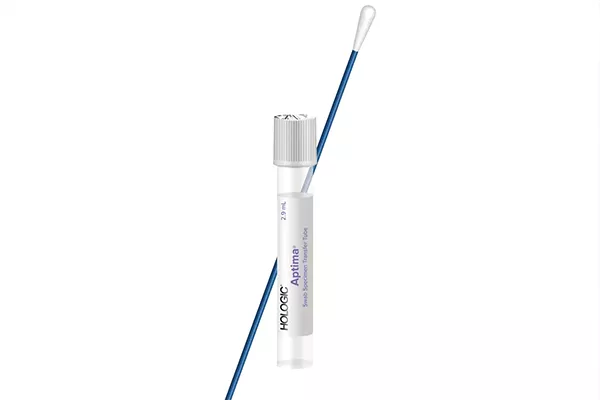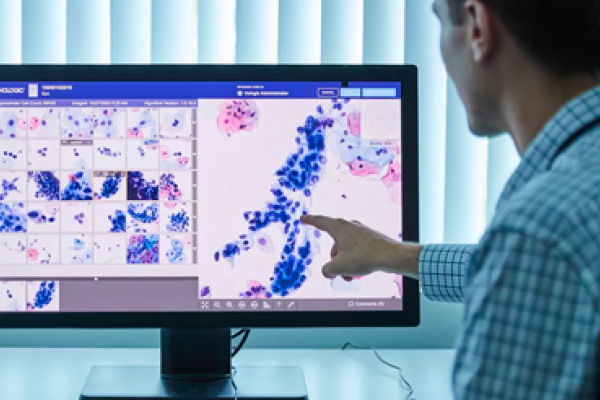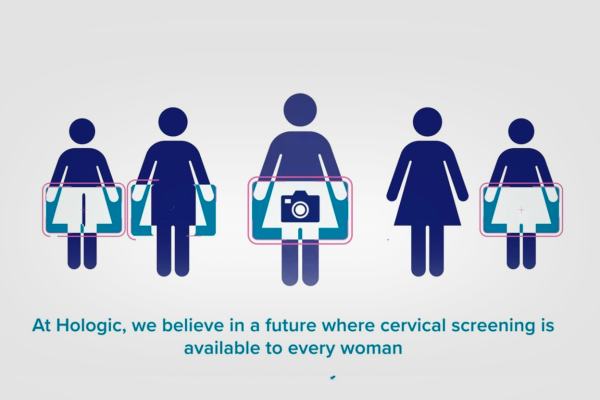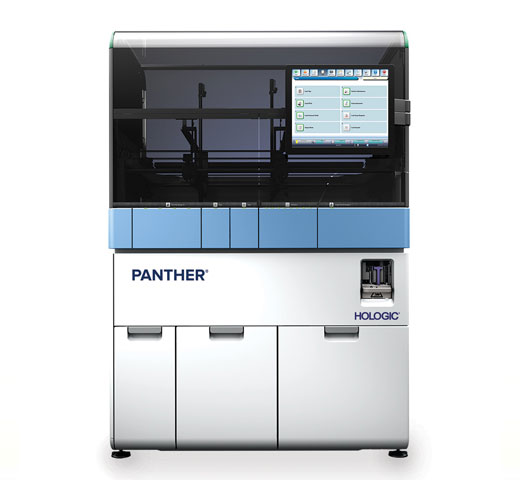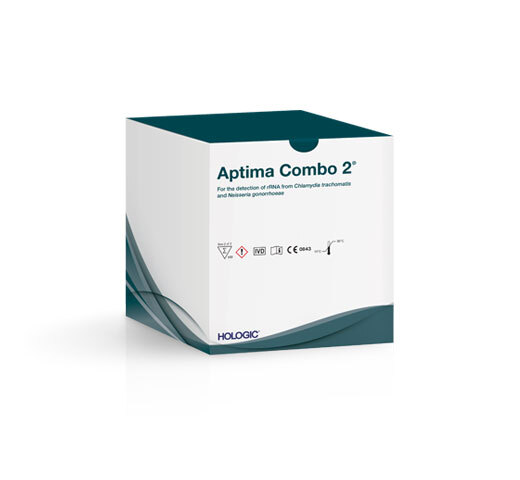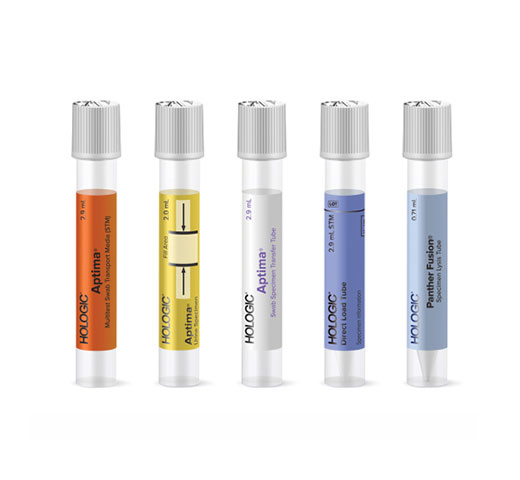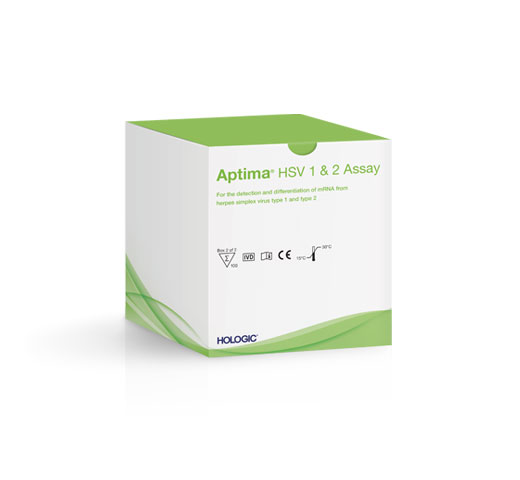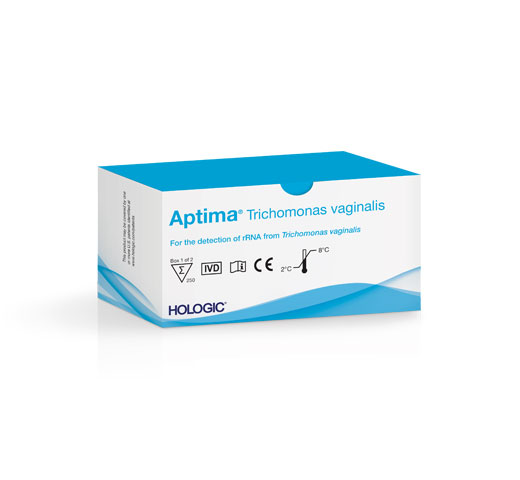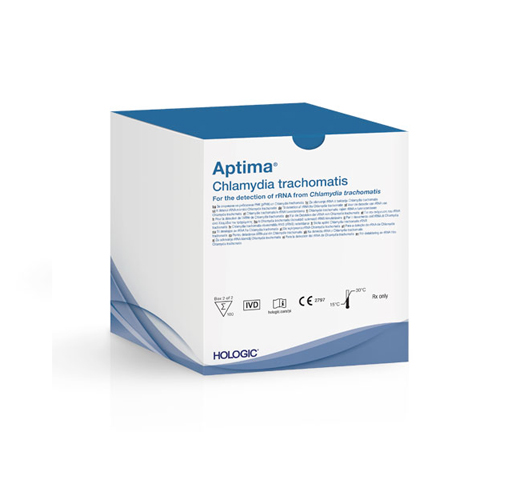Aptima® Mycoplasma genitalium Assay
Protect and improve the reproductive and sexual health of patients through accurate and early detection of elusive Mycoplasma genitalium (MG).
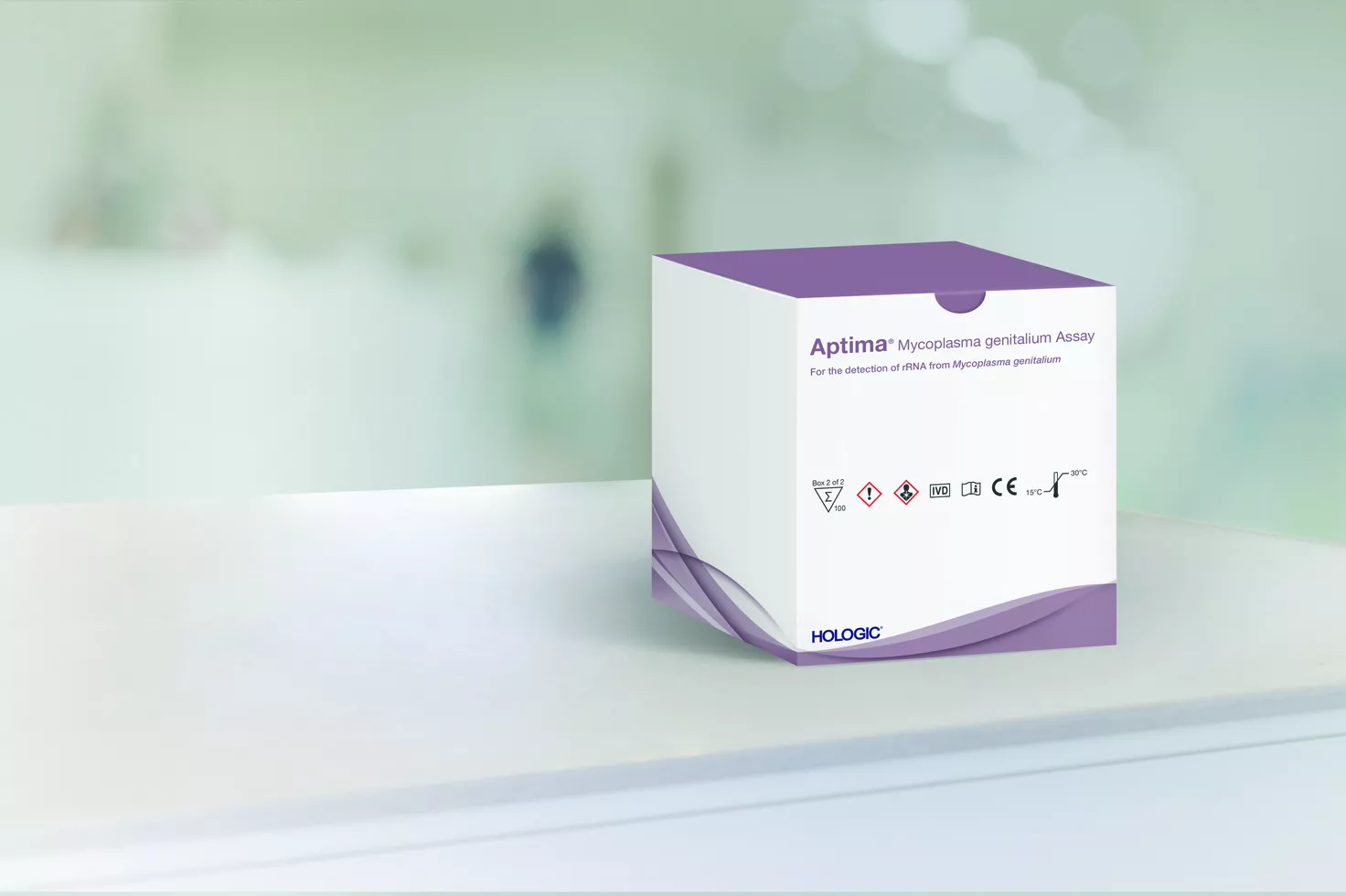
Detecting a Prevalent, Often Overlooked STI
Emerging data has brought a new understanding of the prevalence and clinical impact of MG, an infection that is often asymptomatic.1 Nucleic Acid Amplification Tests (NAATs) that identify nucleic acids from MG are the only useful methods for diagnosing infections which may be clinically identical to Chlamydia trachomatis.2
Clarity & Confidence in Every Diagnosis
The CE-marked assay delivers reliable results from multiple specimen types, including vaginal, first catch urine, urethral, and self-collected penile meatal swabs.4
Highly Sensitive Assay
Mgen infections carry very low bacterial loads, and each organism contains 1000s of rRNA copies versus only one DNA copy. The rRNA-based Aptima MG NAAT assay provides up to 100% sensitivity in the detection of Mgen.3,4
Confidence in Results
A fully automated CE-marked solution for MG testing on a broad range of clinically relevant samples. It delivers workflow efficiency and improved clinical performance traditional laboratory tests.5
A Simple & Effective Solution
A simple, rapid, sensitive and specific test that can easily be combined with detection of Chlamydia trachomatis, Neisseria gonorrhoeae and Trichomonas vaginalis.5
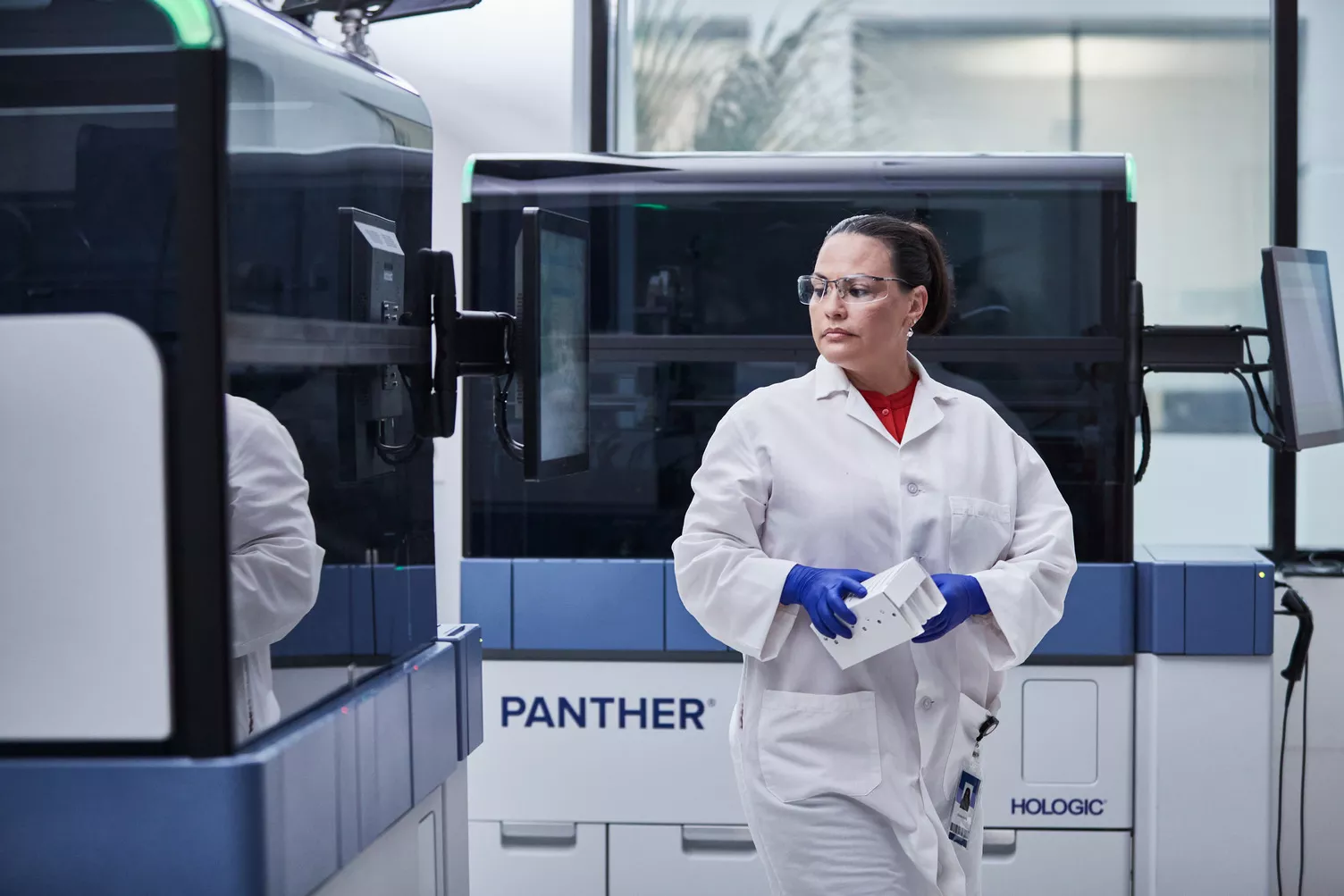
Simplify & Scale the Future of Diagnostics
The Aptima MG Assay is part of the Hologic Molecular Scalable Solution, a portfolio combining a broad, high-performing assay menu with high-throughput automation. Designed to flexibly scale to meet your needs, from a single patient result to population-level screening.
Proven Performance
Sensitive detection of Mycoplasma genitalium4
16s rRNA target
Mycoplasma genitalium (MG)
Excellent sensitivity
in male and female specimens
>97% specificity
across a wide range of specimen types
Aligned With UK National Guidelines
"Nucleic acid amplification tests that detect Mycoplasma genitalium-specific DNA or RNA are the only useful diagnostic method."
"We recommend first void urine as the specimen of choice in cisgender men."
"We recommend vaginal swabs (clinician or self-taken) as the specimen of choice in cisgender women."6
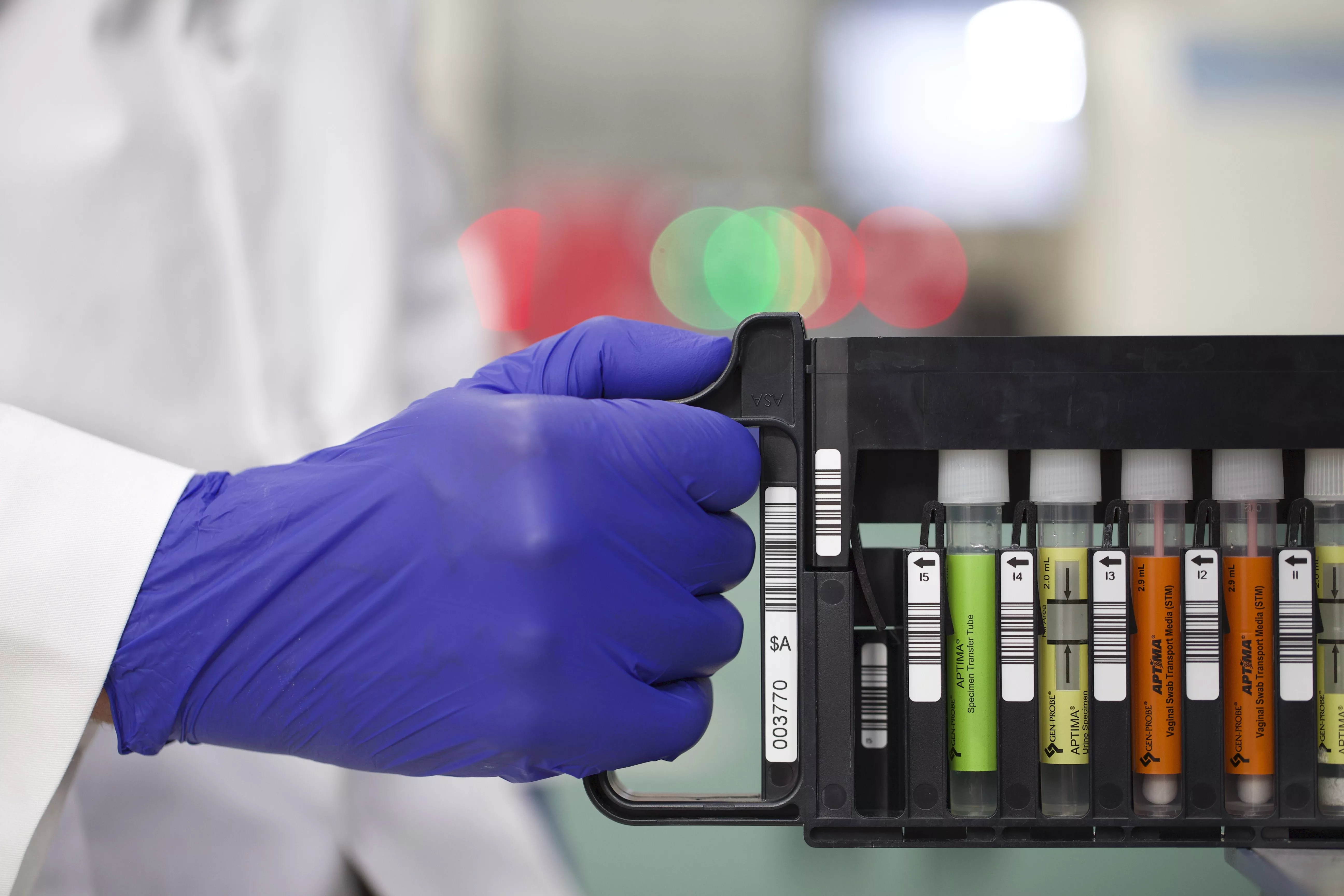
One Sample, Multiple STI Results
Clinically relevant sample type options make the Aptima MG Assay easy to order as a standalone or in combination with other assays from the automated Hologic STI Solution. Browse relevant collection devices below.
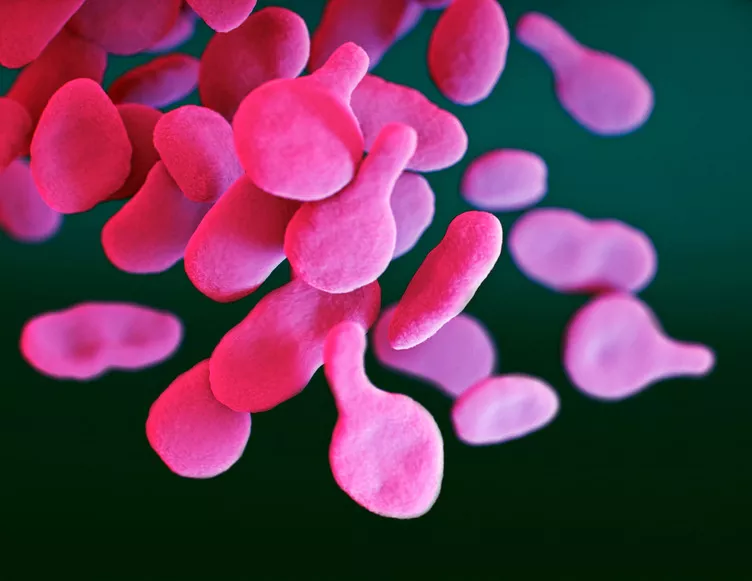
Left Untreated, the Danger Grows
- 1-2% prevalence in the general population, and 4-38% prevalence in STI clinic attendees.7
- Responsible for 30% of persistent or recurrent urethritis in men.8
- Detected in 10-30% of women with clinical cervicitis.9
- Identified in up to 22% of pelvic inflammatory disease (PID) cases.9
- Untreated infections have been associated with urethritis, cervicitis and PID.12 This has serious health consequences if left untreated.10 20% may become infertile, 18% may experience chronic pelvic pain, 9% may have a life-threatening tubal pregnancy.
- MG may also increase the risk of HIV acquisition and transmission.8,11
Evidence. Insight. Collaboration.
Our education portal improves patient care through excellence in education, communication of clinical and scientific evidence, and partnerships with the healthcare community.
- Taylor-Robinson D, Jensen J. Mycoplasma genitalium: from Chrysalis to multicolored butterfly. Clin Microbiol Rev 2011;24:498-514
- Jensen JS, Cuisini M, Gomberg M, et al. 2021 European guideline on the management of Mycoplasma genitalium infections. J Eur Acad Dermatol Venereol. 2022 May;36(5):641-650
- Le Roy C, Pereyre S, Hénin N, Bébéar C. French prospective clinical evaluation of the Aptima Mycoplasma genitalium CE-IVD assay and macrolide resistance detection using three distinct assays. J Clin Microbiol. 2017;55(11):3194-3200.
- Aptima Mycoplasma genitalium Assay [package insert] AW-22788-001 Rev 001, Hologic, Inc., 2023
- Unemo M, Salado-Rasmussen K, Hansen M, et.al. Clinical and analytical evaluation of the new Aptima Mycoplasma genitalium assay, with data on M. genitalium prevalence and antimicrobial resistance in M. genitalium in Denmark, Norway and Sweden in 2016. Clin Microbiol Infec. 2018;24(5):533-39
- Soni S, Horner P, Rayment M, et al. British Association for Sexual Health and HIV national guideline for the management of infection with Mycoplasma genitalium (2018). Int J STD AIDS. 2019;30(10):938-950
- Soni S, Horner P, Rayment M, et.al. British Association for Sexual Health and HIV national guideline for the management of infection with Mycoplasma genitalium (2018). Int J STD AIDS. 2019;30(10):938-950.
- Taylor-Robinson D and Jensen J. Mycoplasma genitalium: from Chrysalis to Multicolored Butterfly. Clin Microbiol Rev. 2011;24(3):498-514. doi:10.1128/CMR.00006-11.
- CDC. Sexually Transmitted Diseases and Treatment Guidelines: Mycoplasma genitalium. http://www.cdc.gov/std/tg2015/ emerging.htm. Updated June 4, 2015. Accessed January 28, 2020.
- CDC. Recommendations for the Laboratory-Based Detection of Chlamydia trachomatis and Neisseria gonorrhoeae – 2014. http://www.cdc.gov/mmwr/preview/mmwrhtml/rr6302a1.htm. Published March 14, 2014. Accessed January 28, 2020.
- Vandepitte J, Weiss H, Bukenya J, et al. Association between Mycoplasma genitalium infection and HIV acquisition among female sex workers in Uganda: evidence from a nested case-control study. Sex Transm Infect. 2014;90(7):545-9. doi:10.1136/sextrans-2013-051467.
- McGowin C, and Anderson-Smits C. Mycoplasma genitalium: An Emerging Cause of Sexually Transmitted Disease in Women. PLoS Pathog. 2011;7(5):e1001324. doi:10.1371/journal.ppat.1001324
Safety Data Sheets
Package Inserts
Related Products
1434
2797
Hologic BV, Da Vincilaan 5, 1930 Zaventem, Belgium.
Notified Body number wherever applicable


